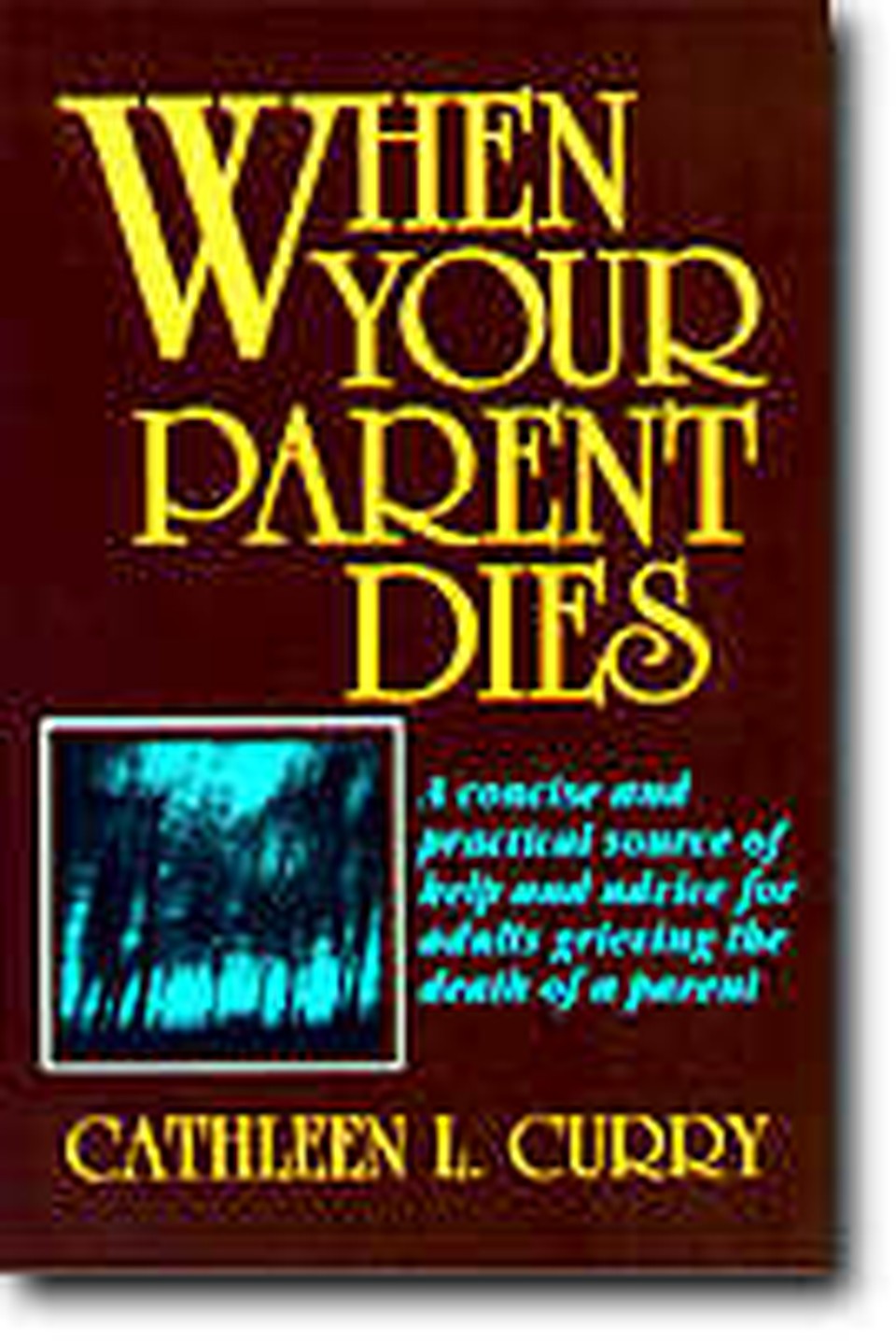When a parent dies

- Contact the pastor of your parent's church and discuss funeral service options.
- Decide on the time and place of the funeral or memorial service.
- Pick a funeral director and determine exactly what the fee includes.
- If a burial plot has not been chosen, accompany your surviving parent as he or she makes that choice.
- Make a list of immediate family members, close friends, and employer or business colleagues and notify them of the death.
- Make decisions on flowers and/or appropriate memorial donations; for example, to a church, library, school, or charity.
- Write an obituary. Newspapers have different formats, but you'll need the following basic information: age, place of birth, cause of death, occupation, educational information, memberships in organizations, military service, outstanding work, and the names of survivors in the immediate family. Give the time and place of the service. The information should be delivered in person or phoned to newspapers. Funeral directors may take care of this if you provide them with the information.
- Notify insurance companies.
- Arrange appropriate child care. If you have children, be sure to spend time with each, helping them to deal with the death of their grandparent.
- Consider special household needs such as cleaning and food preparation that friends can take care of.
- Arrange for pallbearers. If the men you choose are elderly or have physical problems, they can be honorary pallbearers.
- Notify the lawyer and executor of the will.
- Plan for the disposition of flowers the funeral - for example, to relatives, a hospital, on the grave, or to a rest home.
- Prepare a list of people to be notified by letter. Often a family group comes up with a more inclusive list.
- Contact all sources of income such as insurance companies, Social Security, credit unions, trade unions, fraternal and veterans organizations. Inquire about survivor's income from these sources.
- As soon as possible check on all debts and installment payments. Are there any insurance benefits to cover debts? Consult with creditors.
- If the deceased was living alone, notify utilities and the landlord and tell the post office where to send mail.
- Ideally, many of these decisions will have been made months or years in advance of any death. Right now, you may choose to encourage your parents to make sure their wills are in order, funeral arrangements have been made with a funeral home and with their church, and you, or one of your siblings, knows where important documents are stored. This same advice applies to you as well.
Excerpted from When Your Parent Dies by Cathleen L. Curry. Copyright (c) 1993 by Ave Maria Press, Notre Dame, Ind. Used by permission. This book is available from the publisher (1-800-282-1865, fax: 1-800-282-5681 or email: avemariapress\@nd.edu) or at your local religious bookstore.
Cathleen L. Curry resides in Elk Point, S.D., and has been active in Catholic Family Services programs of the Sioux Falls Diocese. She is author of When Your Spouse Dies. She received a Coolidge Research Colloquium Grand for study at the Episcopal Divinity School in Cambridge, Mass., to help research this book.
Originally published November 28, 2001.




